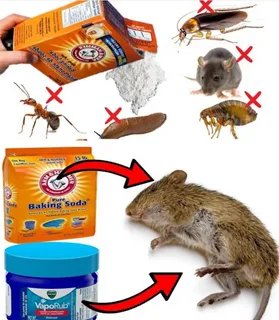Dealing with mice in the house can be a real nuisance. Whether they’re scurrying around in the attic or chewing through your kitchen pantry, they can cause damage, spread diseases, and create an uncomfortable environment. But before you reach for harsh chemicals or traps, why not try some natural mouse repellent methods? These simple, eco-friendly solutions can help you keep mice out of your home without resorting to toxic chemicals or expensive pest control services. In this article, we’ll explore seven natural tips that are proven to keep mice at bay.
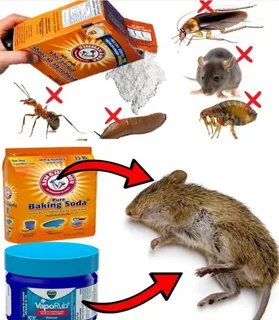
### 1. **Peppermint Oil: The Ultimate Mouse Deterrent**
One of the most popular and effective natural mouse repellents is **peppermint oil**. Mice dislike the strong, minty scent, making it a perfect deterrent. You can use it in a few simple ways:
– **Cotton Balls**: Soak several cotton balls in peppermint oil and place them in areas where you’ve seen mice or where you suspect they might enter, such as near baseboards, behind appliances, or in corners of rooms.
– **Spray Solution**: Mix 10-15 drops of peppermint oil with water in a spray bottle. Spray this mixture around your home’s entry points, such as doors and windows, as well as in dark corners and basements.
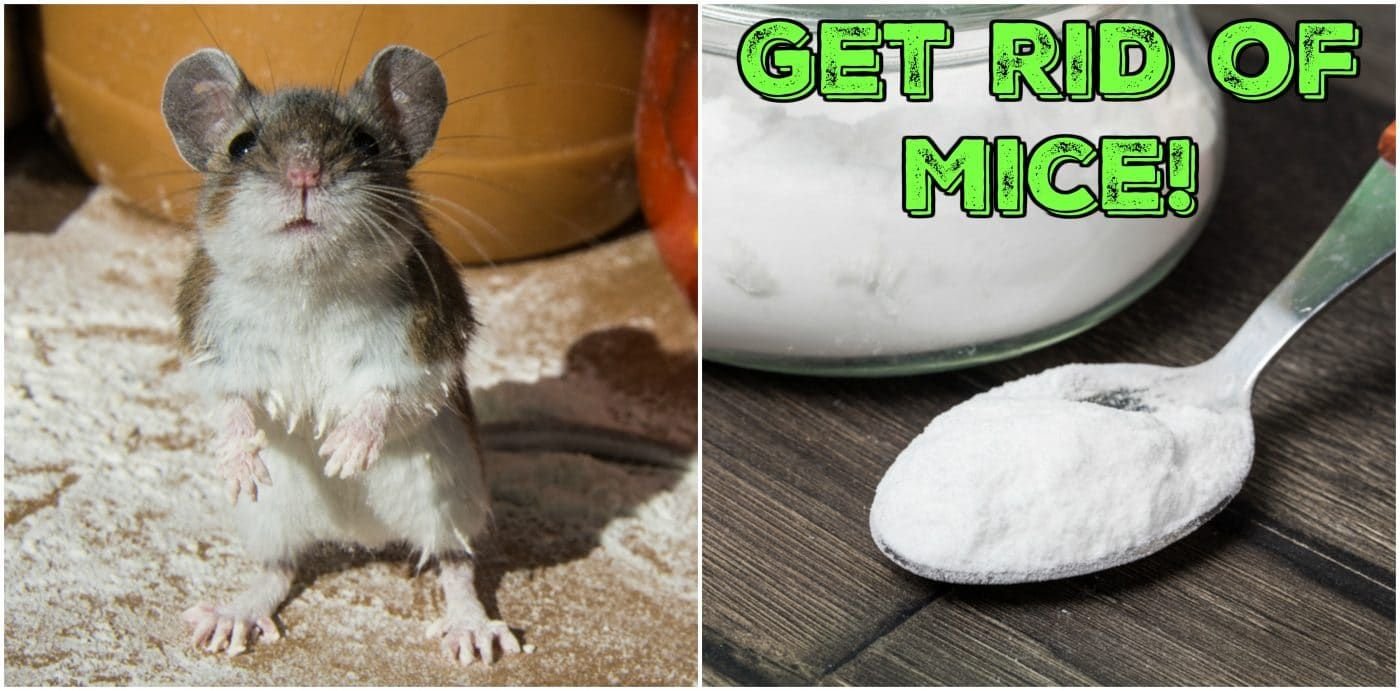
### 2. **Cinnamon Sticks: A Smell Mice Can’t Stand**
Cinnamon has a strong, spicy aroma that is highly effective at keeping mice away. The scent of cinnamon is so potent that it overwhelms their sensitive noses. Here’s how to use it as a repellent:
– **Cinnamon Sticks**: Place cinnamon sticks in areas where mice tend to frequent, such as pantry shelves, under furniture, or along baseboards.
– **Cinnamon Oil**: Mix cinnamon essential oil with water in a spray bottle, and spritz it around entry points and areas with high rodent activity. Reapply every few days to maintain its potency.
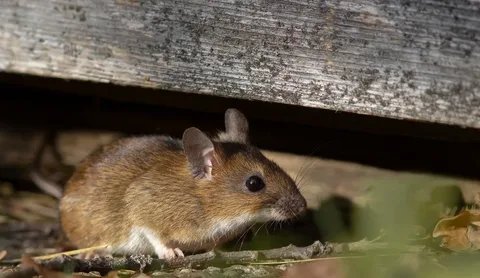
### 3. **Bay Leaves: A Natural Mouse Barrier**
Bay leaves are another simple yet effective mouse repellent. The strong aroma of bay leaves is known to irritate mice, making them avoid areas where the leaves are placed. Use them in these ways:
– **In the Pantry**: Place bay leaves in your pantry or cupboards where food is stored. Mice will be deterred from nesting or scavenging.
– **Around the House**: Tuck bay leaves into corners, under appliances, or along the perimeter of your home to keep mice away from potential entry points.
### 4. **Cloves: The Powerful Scent That Mice Hate**
Much like cinnamon, **cloves** have a strong, pungent scent that repels mice. The powerful odor can overwhelm their sensitive noses and keep them from settling in your home. Here’s how to use them:
– **Whole Cloves**: Scatter whole cloves in areas that are prone to mouse activity, such as cupboards, pantries, and entryways.
– **Clove Oil**: You can also use clove essential oil in a spray bottle. Mix a few drops with water and spray it around areas where mice might enter or hide.
### 5. **Diatomaceous Earth: A Natural Mouse Barrier**
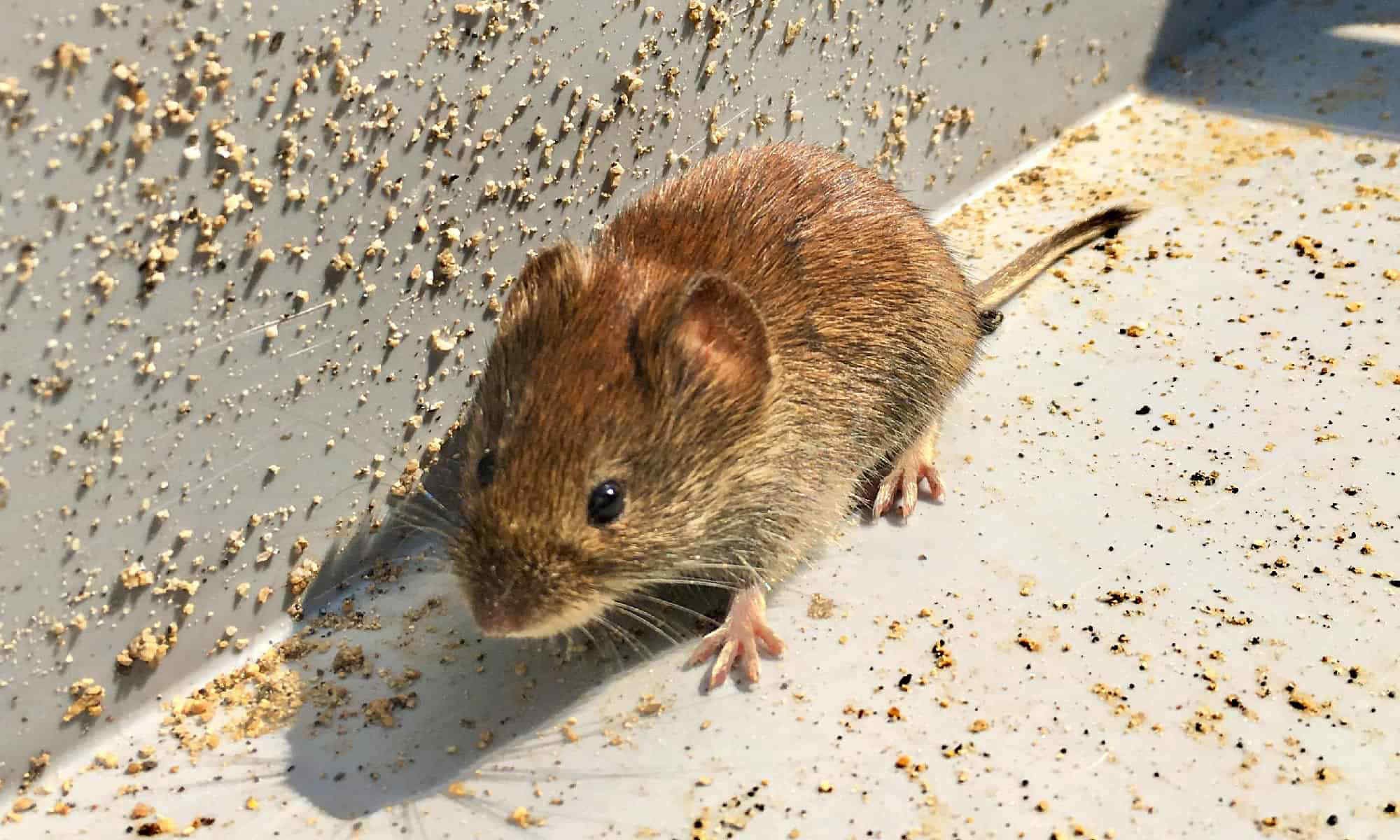
**Diatomaceous earth (DE)** is a natural substance made from fossilized algae that can be used as a pest control method for mice. While it’s harmless to humans and pets, it can be deadly to small rodents. When mice come into contact with diatomaceous earth, it dries out their skin and dehydrates them, causing them to eventually die.
– **Apply DE in Entry Points**: Sprinkle diatomaceous earth around entry points, such as doors, windows, and foundation cracks. Be sure to use food-grade diatomaceous earth to ensure it’s safe for indoor use.
### 6. **Steel Wool: Seal Entry Points Tight**
Mice are small and flexible, able to squeeze through tiny holes in your home’s walls and foundation. One of the most effective ways to keep mice out is by sealing these entry points with **steel wool**. Mice are unable to chew through steel wool, making it an excellent barrier.
– **Fill Gaps and Cracks**: Inspect your home for any small cracks or gaps around windows, doors, and pipes. Stuff these gaps with steel wool to prevent mice from entering. For larger holes, consider using a combination of steel wool and caulk.
### 7. **Ammonia: A Strong-Smelling Repellent**
Ammonia’s strong, pungent smell mimics the scent of predator urine, which mice instinctively avoid. It’s a powerful natural repellent that can deter mice from entering your home.
– **Ammonia-Soaked Cloths**: Soak cloths or rags in ammonia and place them in areas where mice have been seen. You can also place the ammonia-soaked cloths in areas where they might be nesting, such as attics or basements.
– **Ammonia Spray**: Mix one part ammonia with water in a spray bottle and apply it around areas where mice may enter.
### Bonus Tip: **Keep Your Home Clean and Tidy**
Mice are more likely to invade homes that provide easy access to food and shelter. Keeping your home clean and free of clutter is one of the simplest and most effective ways to discourage mice from taking up residence in your house. Follow these tips:
– **Store Food Properly**: Always store food in sealed containers and clean up crumbs or spills immediately.
– **Take Out the Trash**: Empty trash cans regularly, and make sure trash bags are tightly sealed to prevent attracting rodents.
– **Seal Off Hiding Spots**: Keep your home free from clutter, as mice love to hide in piles of paper, boxes, and old clothing.
### Final Thoughts: Keep Mice Away Naturally
When it comes to keeping mice out of your house, natural remedies can be both effective and safe. Whether you’re using essential oils like peppermint and cinnamon, sealing entry points with steel wool, or applying diatomaceous earth, these natural mouse repellents are easy to implement and can help protect your home from unwanted rodents.
By integrating these methods into your routine, you can reduce your reliance on toxic chemicals and live in a mouse-free environment while maintaining a safe, eco-friendly home.
For more tips and detailed guides on natural pest control, feel free to check out our related articles
